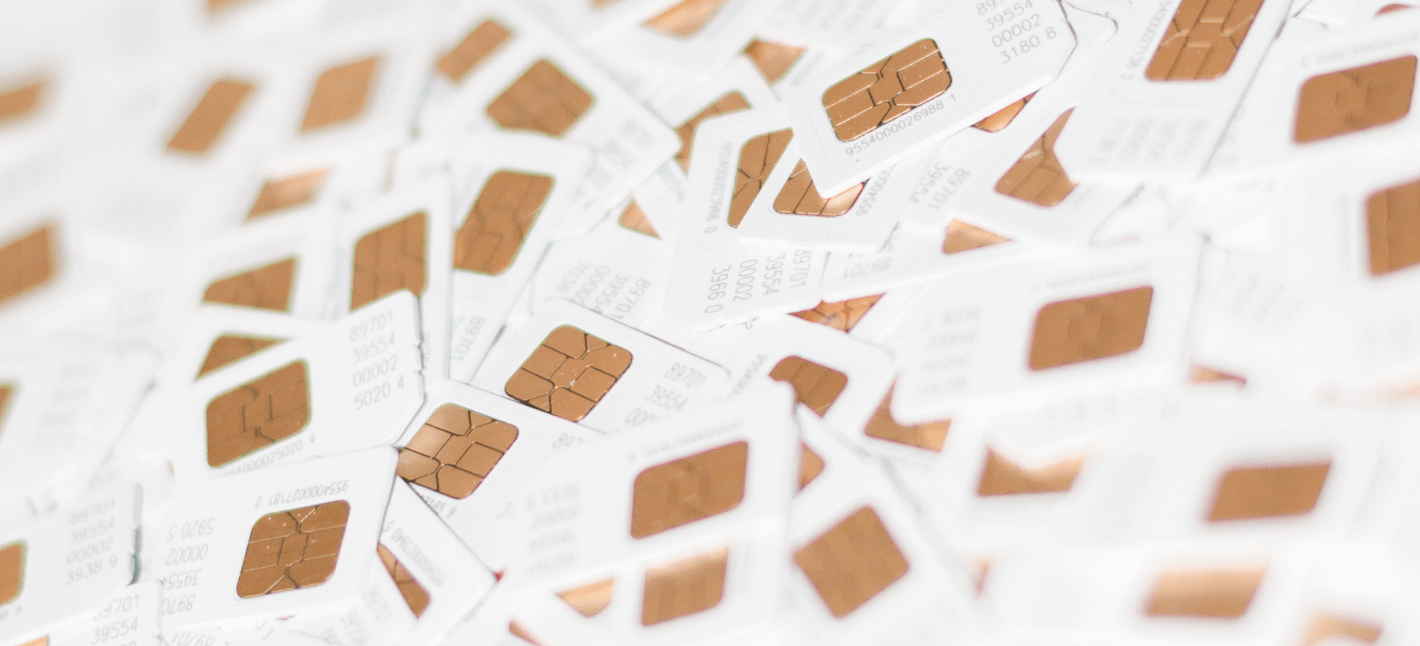The IoT industry is currently witnessing a surge in the trend of machine-to-machine (M2M) communication. Manufacturers, placing a strong emphasis on user experience, are increasingly integrating M2M communication into their products. This trend is projected to propel the M2M market to substantial growth, skyrocketing from USD 67.68 billion to USD 201.71 billion between 2023 and 2028. Read on to learn more about how your business can elevate consumer electronics by chosing the right data plan.
Everything you need to know about M2M communication
The world of IoT is expanding every single day. M2M communication emerges as a natural outcome of this ecosystem, allowing industries to facilitate communication among various devices and solutions. Notably, Industrial IoT and Consumer IoT products can greatly enhance accessibility through the utilization of M2M SIM cards.
However, M2M communication differs significantly from traditional IoT connectivity. The traditional internet roaming plans designed for phones may prove inadequate for M2M communication requirements, potentially leading to excessive usage. Consequently, there is a growing demand from end users for more tailored roaming plans specifically suited to M2M SIM cards.
The ultimate objective of the M2M communication solution is to offer a practical, cost-effective, and scalable choice for both device manufacturers and users. The appropriate M2M communication roaming has the potential to be a game-changer for the success of any IoT device. Find out in which countries 5G roaming is currently available here!
Why do we need M2M SIM cards?
Currently, a massive amount of M2M devices are using traditional data roaming plans. Traditional SIM cards, however, can result in elevated costs, impacting profitability, and pose stability challenges for IoT devices. Here are some reasons why you need to consider M2M SIM cards for your smart devices:
- Stable & seamless network connectivity
M2M devices and solutions are aimed to function with an ecosystem of smart devices with minimum manual inputs. Such M2M/ IoT solutions need to have dependable network connectivity without any connectivity or data limitations.
- Transmission frequency & real-time data
Data transmission from M2M devices happens very frequently. Especially on time-sensitive or real-time applications, the sampling rate is quite high. It is important that the roaming network can support such frequent communication without any delays or disconnections.
- Remote M2M device management
M2M devices are deployed in remote locations with the intent of operating autonomously, requiring minimal manual intervention. Therefore, these devices must remain accessible remotely through a dependable connection. M2M connectivity plays a vital role in facilitating tasks such as diagnosis, device firmware updates, and remote calibration.
- Safety & encryption
Given the heavy reliance of M2M devices on data exchange, safeguarding the transmission of this data becomes paramount through measures such as safety protocols, encoding, and encryption. M2M SIM cards emerge as a distinctive solution for these exchanges, ensuring the security of any application-critical data.
- Cost-effective data plans
Traditional SIM card data plans come with costs that are unsuitable for the specific requirements of an M2M product. Consequently, manufacturers must select a fitting alternative. Various M2M SIM card plans are available for device manufacturers to assess and align themselves with, providing a comprehensive M2M package for their clients.
In summary, M2M communication possesses its own distinct characteristics and differs from conventional cellular usage or data streaming applications. Consequently, it demands a tailored solution that precisely aligns with the specific requirements of M2M communication.
Everything you need to know about IoT SIMs
How do you explore the right data plan for your M2M product?
The pool of M2M data service providers is expanding, presenting a challenge in selecting the optimal provider. Choosing the right M2M connectivity solution involves assessing various metrics. Here are some criteria to consider when selecting the appropriate M2M data plan:
- Verifying the network coverage reliability
Reliable network coverage is the most vital part of any M2M product. It is essential to verify the network providers and assess their coverage at the intended application location to ensure dependability.
- Network latency
Latency in data transfer is a critical parameter for M2M device manufacturers, particularly in sectors such as healthcare, manufacturing, and automotive, where real-time applications hold significant importance.
- Data volume & frequency requirements
M2M networks differ from traditional data consumption needs in terms of both volume and data frequency. When evaluating data plans, it is best to figure out if the plan is supporting the volume and frequency your IoT application needs.
- Data rates
Verifying the data rate becomes crucial if your M2M application is distinctive and requires a specific exchange rate. The M2M SIM card plan that you shortlist must also align with the bandwidth that you need.
- Cost structure & charges
Are you being charged individually for each SIM card plan by your M2M solution provider, or do they offer the option of a pooled data plan? The crucial aspect to grasp is likely their pricing model, ensuring it is scalable and offers a more favorable deal as the number of connections increases.
Another obvious yet critical aspect is to examine the roaming charges of each plan and the associated conditions. Understanding the data limits, charges beyond those limits, and the cost of data add-ons are essential questions that need clarification for your M2M solution.
To comprehend your M2M data plan expectations, it is important to understand the data consumption patterns of your M2M devices. Once you have a clear understanding of data consumption, you can assess your requirements with various partners to find the most suitable solution.
As an initial step, exploring the range of M2M plans and charges offered by Freeeway can assist device manufacturers in gaining insight into their M2M data plan needs.





